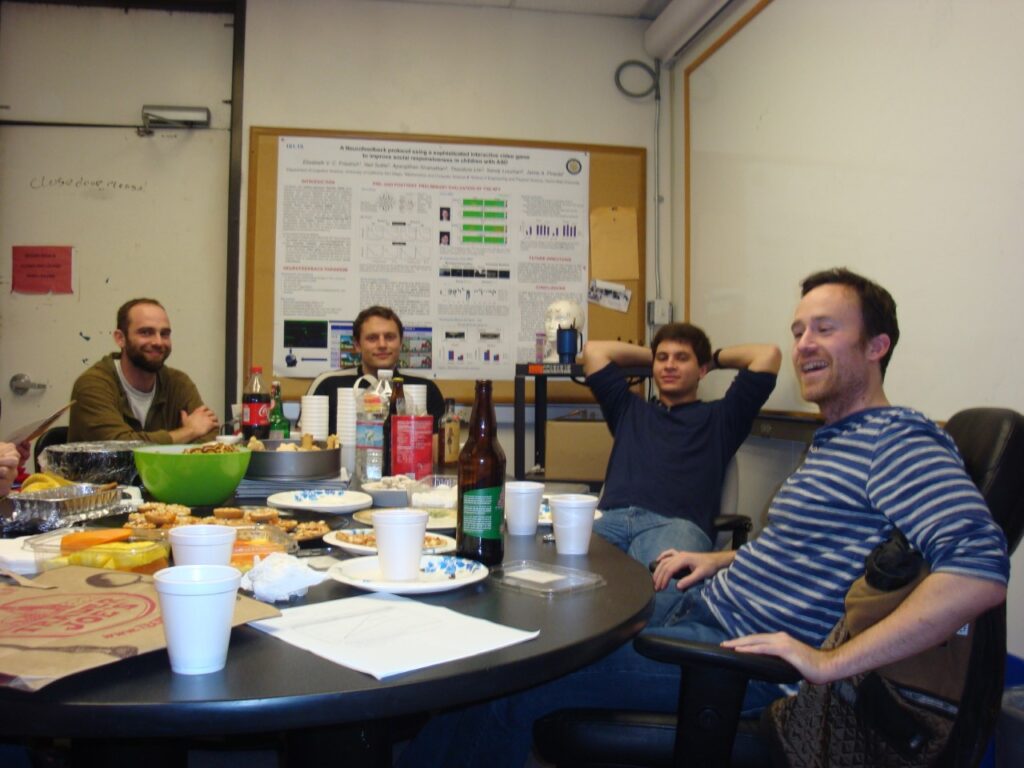
Despite the mountains of information about mind and its relationship to brain, there remains a mystery at the core of our being. The holy grail of this mystery is awareness, the ability to hold something “in consciousness.” Neuroscientists and philosophers have called our first-person experience of the subjectivity that arises from this holding function the “hard problem.” This is because, unlike most other problems in science and life, this one has proven resistant to rationality and the scientific method. Recently, however, one promising approach has helped constrain, at least for me, the multiple ideas about awareness by placing its understanding within an evolutionary context.
In his “attention schema” theory, the neuroscientists Michael Graziano has proposed that awareness evolved in stages. The assumption behind this perspective is that each level in the progression provided fitness value and survival benefit to a species. Initially, according to Graziano, “awareness” involved bottom-up signal-to-noise mechanisms that selectively enhanced signals. The existence of some of the earliest neurotransmitter systems, namely the dopamine, norepinephrine and serotonin systems that perform such a function, is consistent with this idea.
The next step in the progression likely concerned the interaction between signal enhancing mechanisms and top-down biasing and switching mechanisms that developed for greater control of the processing associated with the enhanced signal. The circuit in the basal ganglia, involved in the integration and selection of voluntary behavior, is a good example of this. Here, the neurotransmitter dopamine operates on striatal neurons to perform a switching function, controlling the flow of information in the direct and indirect pathways of the circuit.
According to the principles of control theory, an even more effective way to control a complex variable is to have an internal model of that variable. This allows the system the ability to simulate its dynamics, monitor its state, and predict its function, at least a few seconds into the future. Thus, Graziano suggests that the next critical jump in the evolution of awareness was the development of an internal model of attention (a simulation) that allowed the brain to attribute to itself a “mind” aware of something. I would add that, at this level, evolution moved from nonconscious to conscious control and subjectivity. The awareness that “I am attending to this thing” was born from such bidirectional interactivity.
Adapting this internal model of attention to social attribution led, at some later stage, to ascribing awareness to other beings. Finally, because of language, culture, and other social developments, humans became extremely good at modeling others, perhaps too readily. Such an ability likely explains our readiness to anthropomorphize or attribute consciousness to characters in a story, puppets and dolls, thunder, oceans, empty spaces, ghosts and gods.
Justin Barrett calls this the Hyperactive Agency Detection Device, or HADD, and it appears to be a consequence of our hyper-social nature. The readiness to simulate and attribute a “mind” to animate and inanimate things may explain the sense some of us have of a rich spirit world surrounding us. Undoubtedly, this aspect of awareness provides side benefits, such as aesthetic experiences, including our sense of wonder about our mysterious world.



